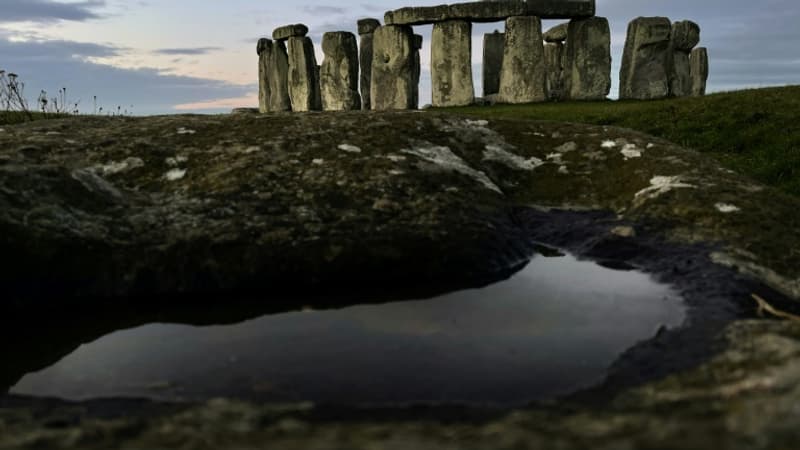The British Government approved this Friday the construction of a tunnel near the prehistoric site of Stonehenge (south-west England), a controversial project that had been suspended for being declared illegal by the courts two years ago. Transport Minister Mark Harper gave his approval to the project.
A previous authorization had been canceled due to the environmental impact of the road project, which cost 1.7 billion pounds sterling (almost two billion euros) in the UNESCO World Heritage Site.
sharp criticism
Supposed to decongest an important east-west road axis, the long tunnel of about three kilometers is strongly criticized by various associations, united in the Stonehenge Alliance group.
At the end of July 2021, the court had declared the project illegal, because the then Transport Minister, Grant Shapps, had not considered an alternative solution, although he was obliged to do so by the classified status of the site.
The government had given the green light to the project in the fall of 2020, despite opposition from a panel of planning experts warning that it risked causing “permanent and irreversible damage” to the archaeological site.
UNESCO had warned that the prehistoric site, classified as a World Heritage Site since 1986, would be added to its list of “endangered” sites if the project was implemented, risking ultimately losing its World Heritage status.
“Serious and irreversible damage” to the site
Built in stages between approximately 3,000 and 2,300 BC, Stonehenge is one of the most important prehistoric megalithic monuments in the world for its size, sophisticated plan, and architectural precision.
Its menhirs that form a set of mysterious circles attract thousands of people each year for the pagan solstice festivals.
In the 64-page document authorizing the project, Transport Minister Mark Harper believes that its impact on the landscape is reduced and must be weighed against the benefit to the public.
Kate Fielden, an archaeologist and secretary of the Stonehenge Alliance, denounced that the project would cause “serious and irreversible damage” to the site.
“It’s not just the tunnel. On each side there will be wide and deep cuts in the landscape, destroying the archaeology,” he told the British PA agency.
“It’s a colossal intervention,” he insisted, also mentioning the possibility of further legal action.
The main road that the tunnel will use, the A303, is congested during holiday departures to and from the south and west.
“This saga is beginning to seem as old as the stones themselves and it is not over,” reacted Steve Gooding, director of the RAC Foundation motorists association, anticipating further calls.
Dozens of projects have been successful since 1991 to improve traffic flow in the area, he recalled.
Source: BFM TV


